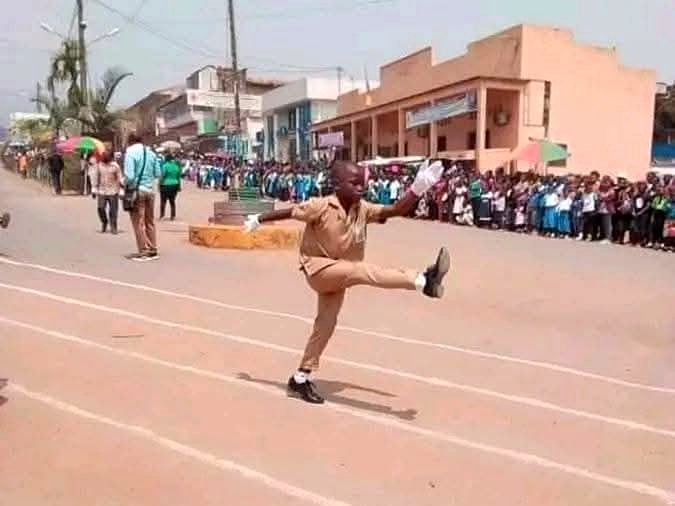Across the country, tension is running high. Reports of post-electoral unrest have emerged from several regions. In the North, Douala, and the West Region — particularly in Dschang — anger and frustration have spilled into the streets. In Dschang, protesters went as far as setting ablaze the CPDM office and the residence of the Vice-Chancellor of the University of Dschang. Their message was clear: they are rejecting what they describe as “stolen votes” and “manipulated results” by the ruling party.
In Douala, the country’s economic heartbeat, the mood was equally charged, though less destructive. Crowds gathered in Bonamoussadi, blocking roads and chanting slogans denouncing alleged electoral fraud. The police responded swiftly, dispersing protesters and pushing them back into residential areas, leaving behind a trail of tension and confusion.
For many Cameroonians, this moment feels like the “get set” stage of a national race — the breathless instant before the sprint begins. Citizens are ready, alert, and anxious, their eyes fixed on the Constitutional Council and the electoral body, ELECAM, awaiting the official results.
No one knows who will emerge victorious or how the next few days will unfold. But one thing is certain: the country is on edge, standing at the starting line of an uncertain future, waiting for the signal that will determine its next direction.
As the clock ticks and tension mounts, Cameroonians can only hope that when the “Go!” finally comes, it will lead not to chaos, but to calm — not to division, but to dialogue.

